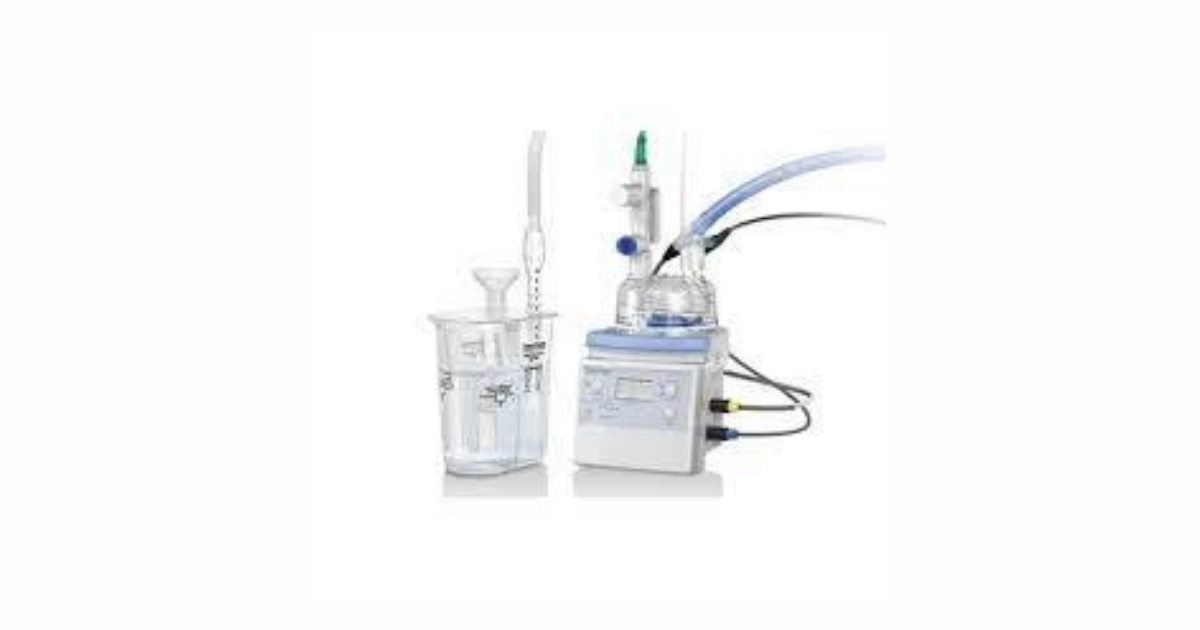
Frail and underweight babies who are born prematurely mostly require specialised care including ventilation for those born with infant respiratory distress syndrome (IRDS). So for IRDS, mostly and commonly infants are administered surfactant during mechanical ventilation, the drawback of which is that it can cause lasting injury to the lungs in preterm infants and may contribute to the development of chronic lung disease.
Bubble-continuous positive airway pressure( b-CPAP) on the other hand is a non-invasive ventilation strategy which minimises physical and subsequently the biotrauma for newborns with IRDS and is one of the methods by which continous positive air pressure is delivered to a spontaneously breathing newborn to maintain lung volumes during expiration. b-CPAP helps to prevent derecruitment of alveoli, increasing the lungs’ residual capacity and thus reducing the work of breathing in IRDS newborns.
When administered over a prolonged period, the oscillating pressure plays a very vital role in its safety and efficacy, minimising the physical trauma and stimulates lung growth.
SOURCE: INNOVATIONS.CLEVELANDCLINIC.ORG

